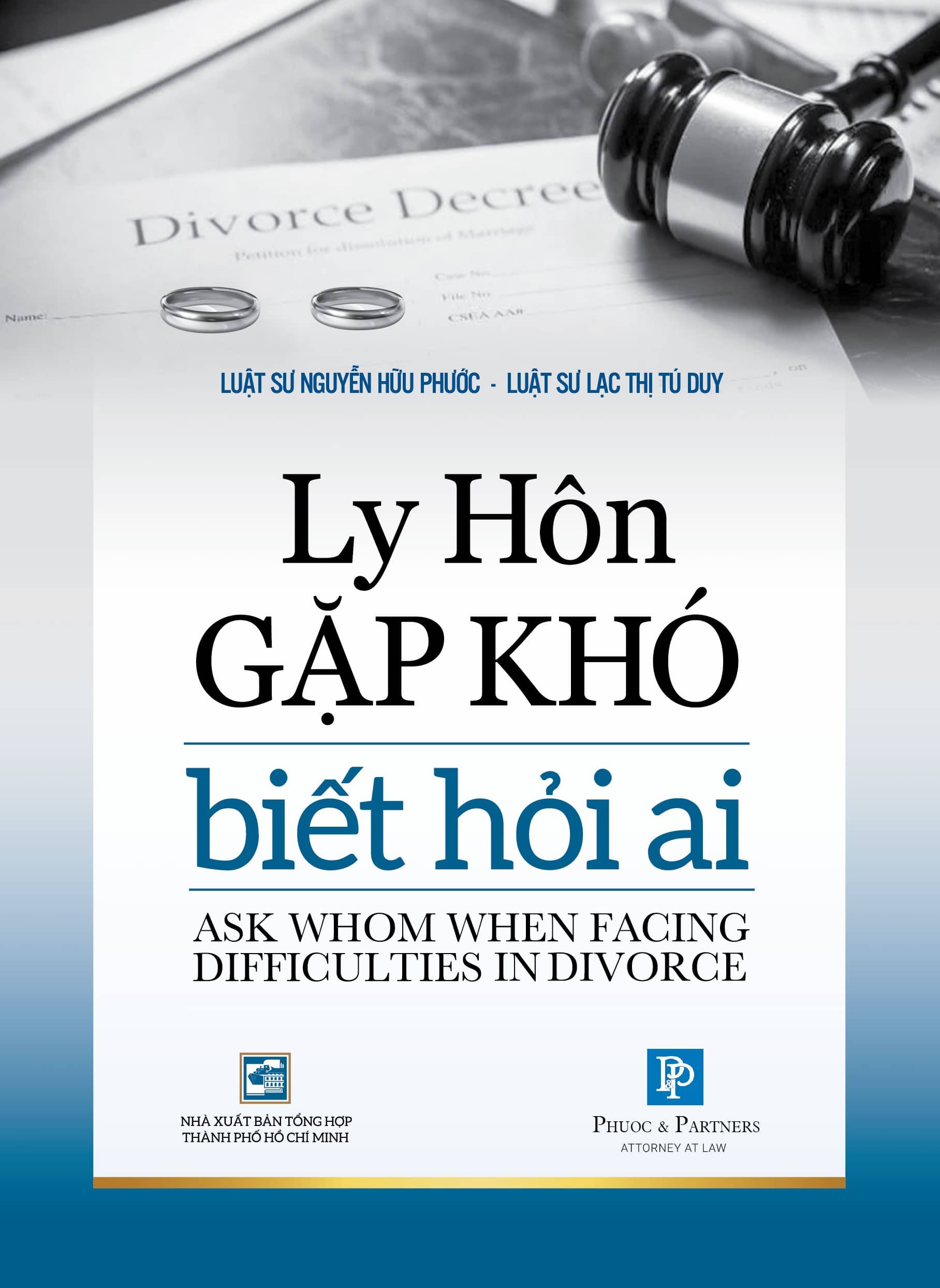Respecting the right of spouses to self-determination is one of the basic principles in the adjudicating civil lawsuits. Therefore, the plaintiff has the right to withdraw the divorce requesting petition (actually a petition) during the process of resolving the case[2]. However, the conditions needed to conduct the right to withdraw the petition for a legal action as well as the consequences posed by this act shall be different, depending on the requests of the spouses in the case and the time to execute the right to withdraw the petition. The consequences of petition’s withdrawal for a legal action in each situation will be clarified through the following analysis:
Case 01: If the plaintiff proceeds to withdraw the petition at the first instance stage (before the Court of first instance issues the judgement or decision), he or she shall be able to withdraw the petition for a legal action without the consent of the other spouse[6]. However, if the defendant has counter claims in the case that have been accepted by the Court and still wants to keep those counter claims when the plaintiff withdraws the petition for a legal action, the case will continue to be resolved without being suspended (this is also called “closing the case”). In this case, the process of resolving the case will be taken place in what the laws call “change in litigation status”. Consequently, the defendant shall become the plaintiff and the plaintiff shall become the defendant. Then, the case will be continued and resolved by the Court with changes in litigation status and the Court shall consider the defendant’s requests. In addition to the plaintiff and the defendant, another involved spouse in the case may be a person with relevant rights and obligations, and these litigants still have the right to make an independent claim in a civil case that is accepted by the Court[7]. In such a case, if the litigants want to keep the claims independent when the plaintiff withdraws the petition for a legal action, even though the defendant agrees and also withdraws his or her counter claims, the Court must continue resolving the case. In such a situation, the person with relevant rights and obligations shall become the plaintiff, either spouse or both spouses will become the defendant(s) of this case[8].
Therefore, in the divorce case, at the first instance stage, the plaintiff has the right to withdraw the petition without the defendant’s consent. If the defendant requests a counter claim and maintains his or her request, the Court will continue to handle the change in litigation status without having to close the case in order to open a new case. Conversely, if the plaintiff withdraws the petition for a legal action and the case does not have a counter claim or other independent claims, the Court will issue a decision to suspend the case and it will be closed.
Case 02: If the plaintiff withdraws his or her petition for legal action at the appeal hearing, the withdrawal petition for legal action must have been consented by the defendant. If the defendant agrees, the Appellate Court will set aside the first instance judgement and suspend the case. However, if the defendant disagrees, the Appellate Court must continue to resolve the case.
In addition, withdrawing the petition for legal action at different proceedings stages will have different legal consequences. For example, if the petition is withdrawn at the first instance stage, the litigant is not required to pay the Court fee. However, when withdrawing the petition for a legal action at the appellate Court, the litigant still must pay the first instance Court fee according to the first instance judgement and half of the Court fee for appeal hearing.
Case 03:
If the divorce
case is retried at the first instance stage according to cassation decision
or reopening trial decision, when the
plaintiff withdraws
the
petition for a legal action, he or she must obtain consent of the defendant and the persons with
relevant rights and obligations[10].
This is a new point of the Civil Proceedings Code 2015 as compared to the fomer
Civil Proceedings Code. This law provides
better protection for the defendant and the persons
with relevant rights and obligations because they have spent a lot of time and costs in
proceedings due to the plaintiff’s claims.
[2] Article 5.2 of the Civil Proceedings Code 2015.
[6] Article 244.2 of the Civil Proceedings Code 2015.
[7] Article 201 of the Civil Proceedings Code 2015.
[8] Article 245.2 of the Civil Proceedings Code 2015.
[10] Article 217.4 of the Civil Proceedings Code 2015.
If you would like more information on how we can assist you with divorce issues, please contact us at: +84 (28) 36223522 or email us at info@phuoc-partner.com

